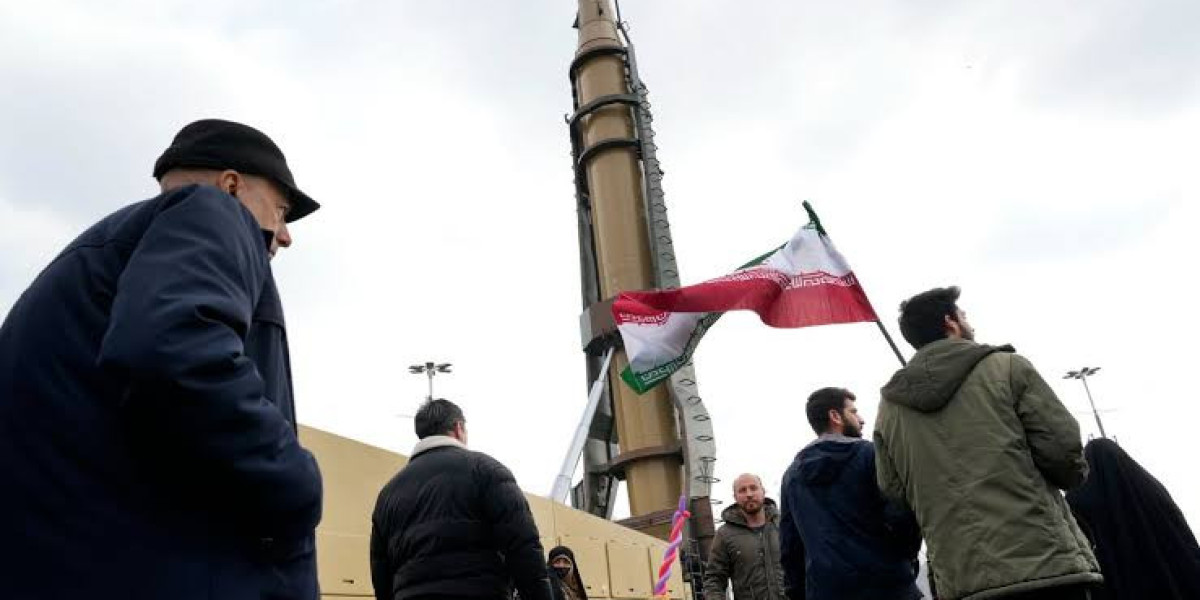A dramatic and unprecedented escalation of hostilities has erupted between Iran and Israel over the past week, with both nations engaging in direct military strikes that have resulted in casualties and significant damage, pushing the Middle East into a dangerously volatile new phase. The conflict, which began with targeted Israeli airstrikes on Iranian soil, has been met with retaliatory missile and drone barrages from Tehran, raising fears of a wider regional war.
According to international news agencies, Israel has conducted a series of major airstrikes targeting critical Iranian military and nuclear infrastructure. High-ranking Iranian military officials, including senior commanders in the Islamic Revolutionary Guard Corps (IRGC), have reportedly been killed in the attacks. Israeli officials have stated the strikes are a necessary measure to prevent Iran from obtaining nuclear weapons and to counter its support for proxy groups in the region.
In response, Iran has launched hundreds of missiles and drones toward Israeli territory. While many have been intercepted by Israel's sophisticated air defense systems, some have penetrated, causing damage and casualties. Sirens have become a regular occurrence in major Israeli cities, and the attacks have shattered any previous sense of security.
The direct nature of the military exchanges marks a significant departure from the long-running shadow war between the two adversaries. The United Nations and major world powers have expressed grave concern and called for immediate de-escalation to prevent a full-blown regional conflict.
The United States has voiced strong support for Israel, with President Trump issuing stern warnings to Tehran and stating that the U.S. is considering all options. This has amplified concerns about the potential for American involvement, a scenario that analysts warn could have catastrophic consequences.
**Economic Fallout and Domestic Pressures**
The escalating conflict has sent shockwaves through the global economy. Oil prices have surged amid fears of disruption to supply from the major oil-producing region. The Strait of Hormuz, a critical chokepoint for global oil shipments, is a particular point of concern. Global stock markets have also experienced significant volatility in response to the crisis.
Domestically, Iran's economy is facing immense pressure. The national currency, the rial, has plummeted in value following the initial Israeli strikes. In the midst of this turmoil, Iran has appointed Ali Madanizadeh as its new Minister of Economy and Finance, tasking him with navigating the severe economic challenges exacerbated by the conflict and existing international sanctions. There are reports of growing anxiety among the Iranian populace, with some residents of major cities like Tehran reportedly leaving for safer areas.
The international community continues to watch the developments with bated breath, with diplomatic efforts underway to pull both sides back from the brink of a larger war that could have devastating and far-reaching implications.










